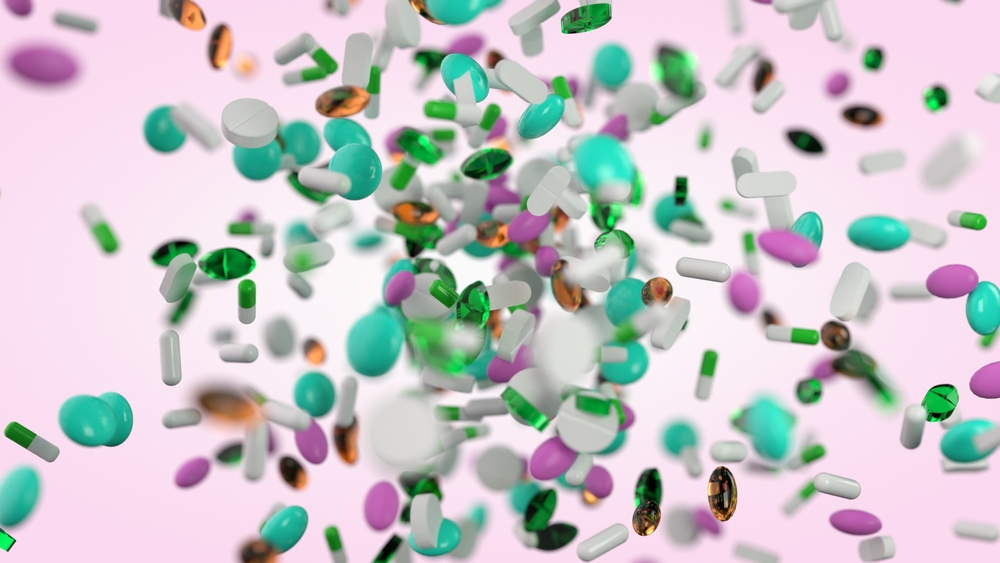PhD candidate Wout van Orten-Luiten (Human Nutrition and Health) investigated the link between the use of medicines and mineral and vitamin shortages in our blood. ‘Unnecessary medicine use and subsequent side effects can be reduced if doctors recognise these shortages.’ Van Orten-Luiten obtained her PhD last week.
All medicines have intended and unintended effects. The latter are known as side effects. Van Orten-Luiten: ‘Medicine may cause a shortage of micronutrients in our blood. These shortages of minerals and vitamins can cause new complaints. Doctors frequently fail to identify these symptoms as a side effect of the initial medication and prescribe extra medication rather than addressing the shortages. That can cause patients to spiral into increased symptoms and medicine use.’
Van Orten-Luiten gathered data from the geriatric department of the Gelderse Vallei Hospital. The data was obtained from first-time patients who live unassisted and visited the outpatient clinic with complaints such as falling or memory loss. ‘I noticed that two-thirds of the patients used five or more different medications. One in four used ten or more, and there were even patients who used more than twenty different drugs.’

Side effect spiral
Van Orten-Luiten’s dissertation links medicine use and the number of micronutrients in our blood. ‘A patient with diabetes, for example, is administered the blood sugar lowering drug metformin. This drug causes a significant drop in the vitamin B12 content of our blood, eventually leading to shortages linked to nerve pain. If doctors fail to identify the cause of this nerve pain, they treat it with a new medicine.’
‘Moreover, the patient taking metformin may also experience gastric issues, which leads to yet another medicine. This gastric acid suppressant can then cause a further lowering of the B12 levels, as well as a shortage of magnesium. Magnesium deficits cause arrhythmia, which then calls for yet another medicine’, Van Orten-Luiten explains, ‘It never ends. In this example, addressing the B12 and magnesium deficits could prevent the accumulation of medicines.’
Nutrition and medicine
Van Orten-Luiten detailed the link between different medicines, including vitamin D, magnesium, and sodium, among others. ‘I saw that the doctors in the hospital have limited knowledge of the interactions between nutrients and medicines. In the medical world, there is already a push to cut back on the incorrectly prescribed medication and subsequent side effects. My dissertation adds to the knowledge in that domain from the perspective of nutrition.’
voeding.’

 Photo Shutterstock
Photo Shutterstock 

